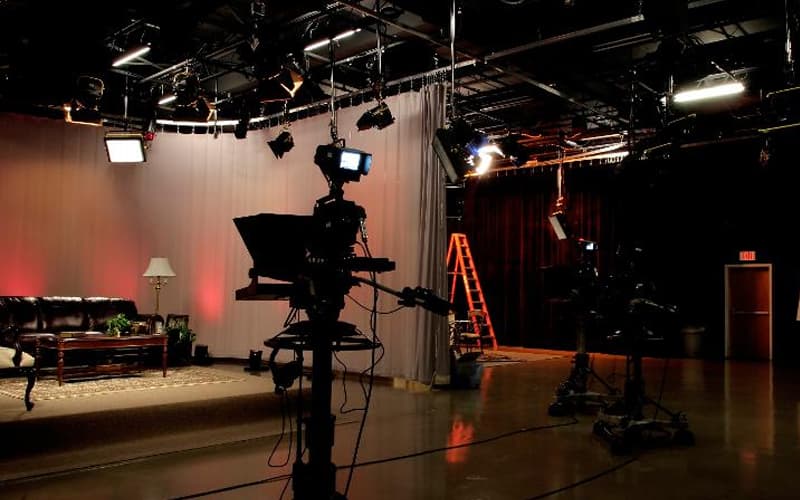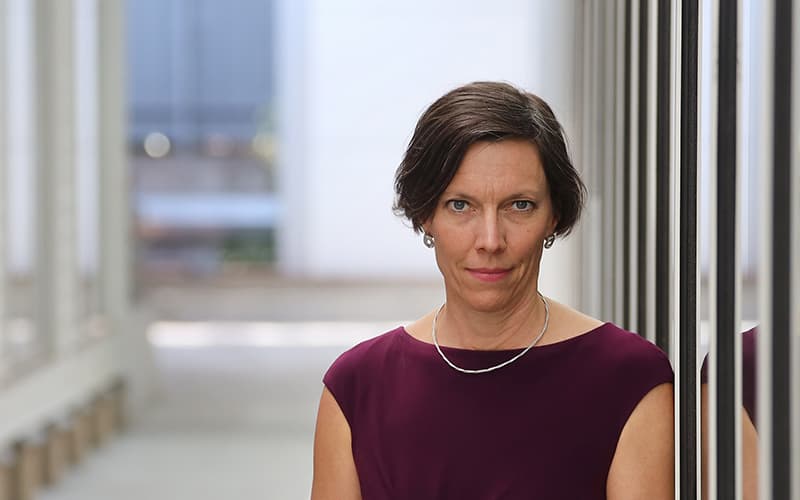'Understanding media is fundamental to 21st century cultural, social, and economic life. My research investigates the role of media in society, particularly the implications of changes.'
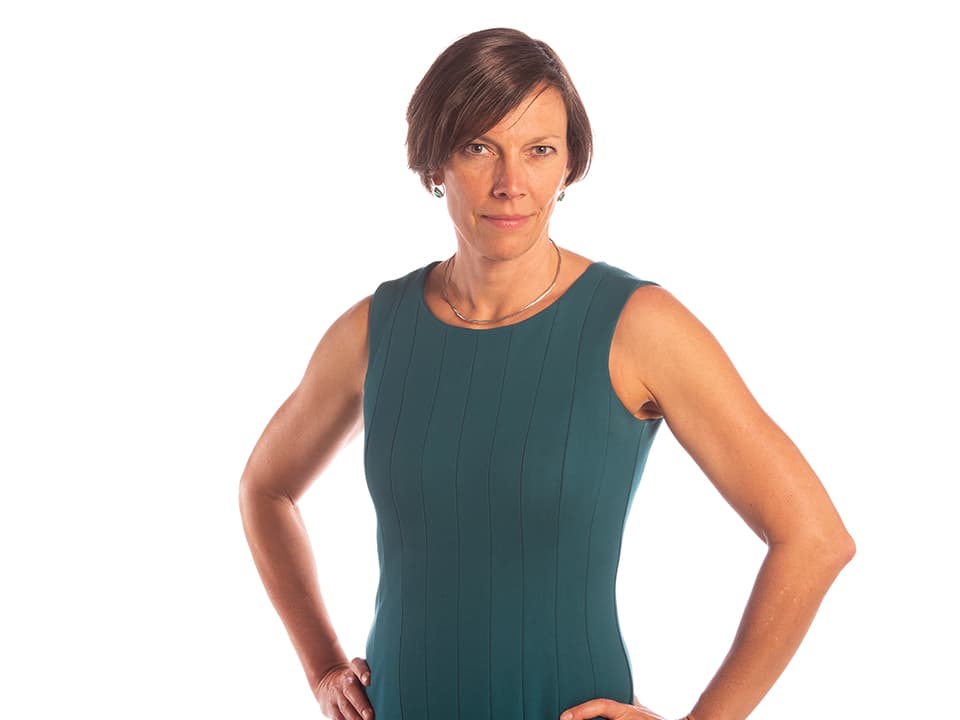
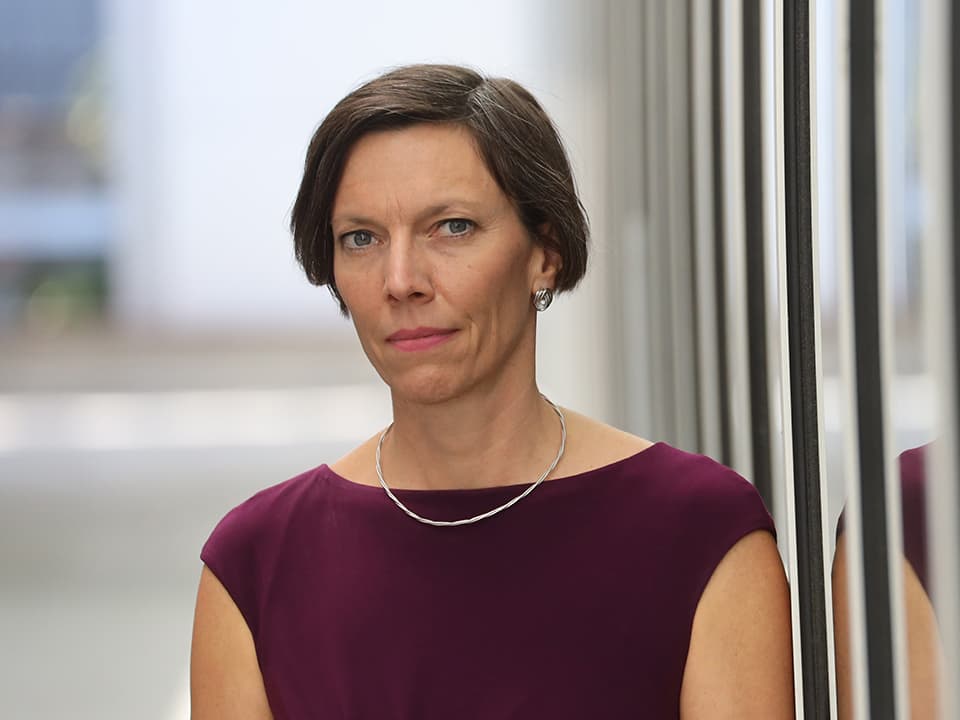
The spark
'I grew up in a small, rural place in America’s midwest and knew media – especially television – played a big role in my imagining a bigger life and gaining greater insight into the diversity of the world outside my own experience. I wanted to understand that role better.'
Research aim
'To understand how media lead us to make sense of the world in certain ways. That includes studying the content of media, the companies that create media and how their business priorities lead to certain things being created, as well as how and why people use media in particular ways.'
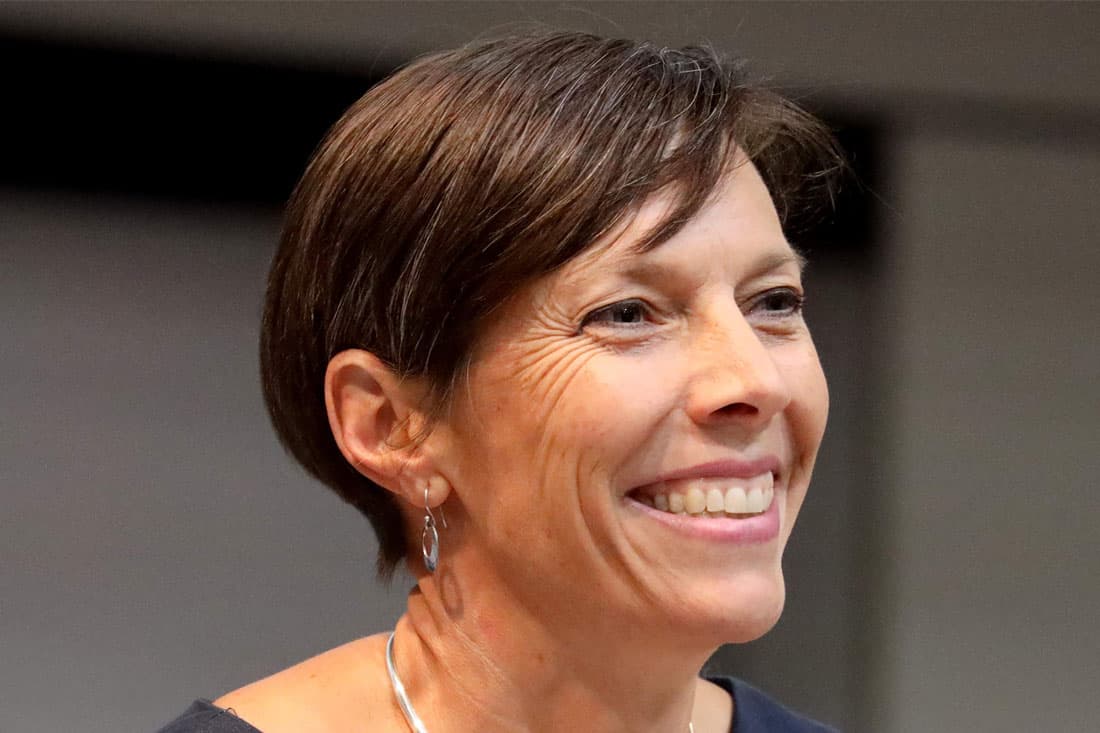
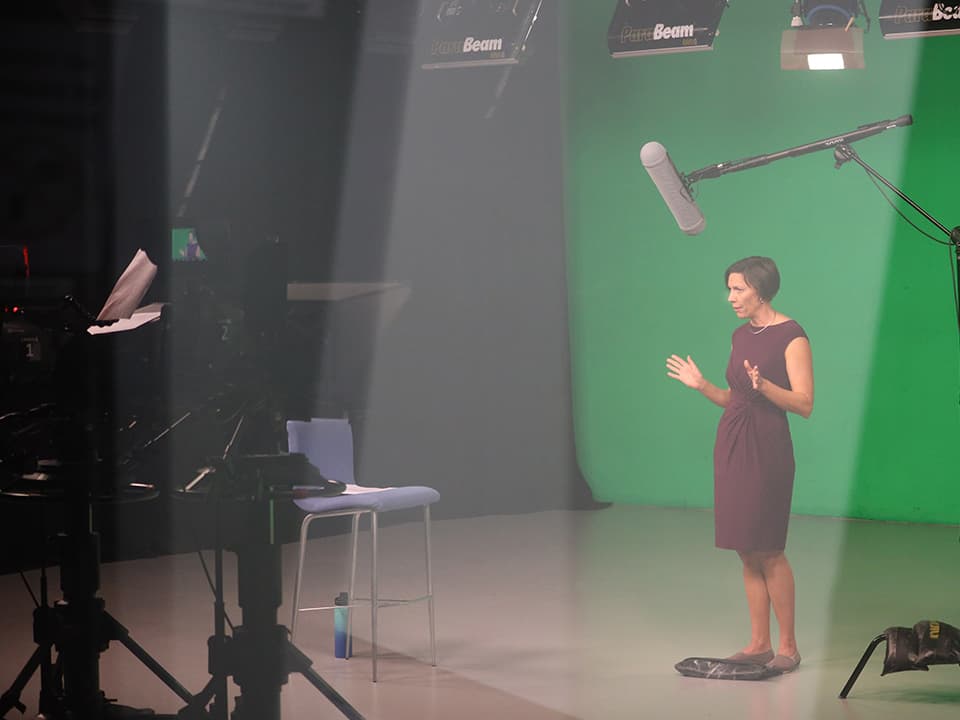
Real-world implications
'Most of our ideas about the world aren’t based on personal experience but on who we’ve come to understand as worth our humanity and compassion. Media representation has a lot to do with how we understand those outside of our personal experience.'
The challenge
'We know people have changed their media use a lot because of new technologies and ways to access media but know very little about how and why they use different services. It hasn’t been a simple story of replacement—for example, people have streaming services like Netflix, but still watch the ABC and other channels. To understand media today, we need to understand more from the user’s perspective.'
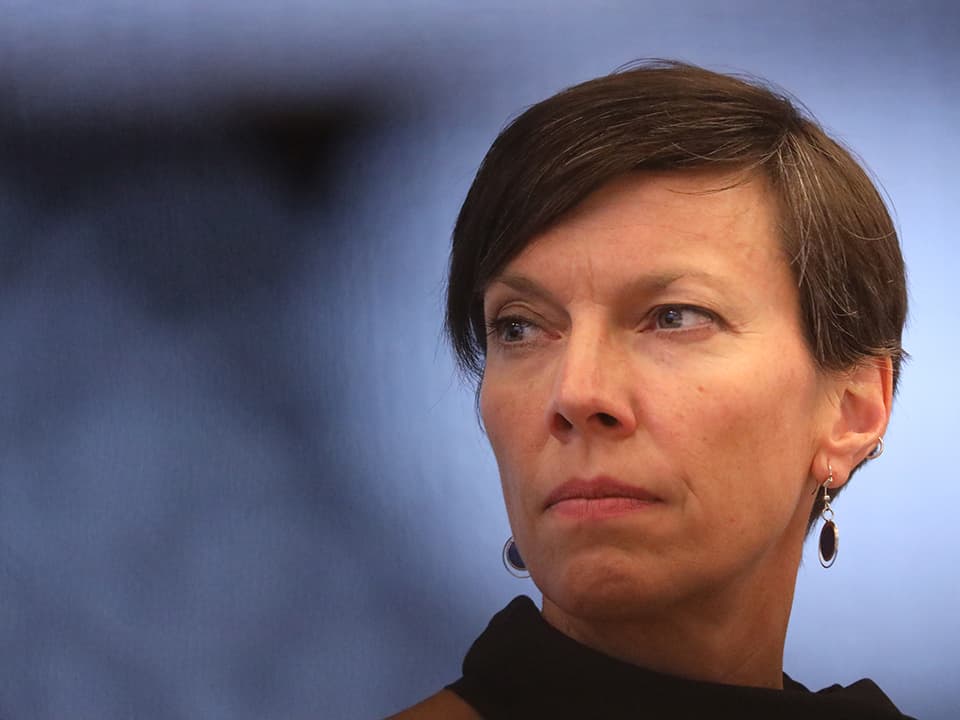
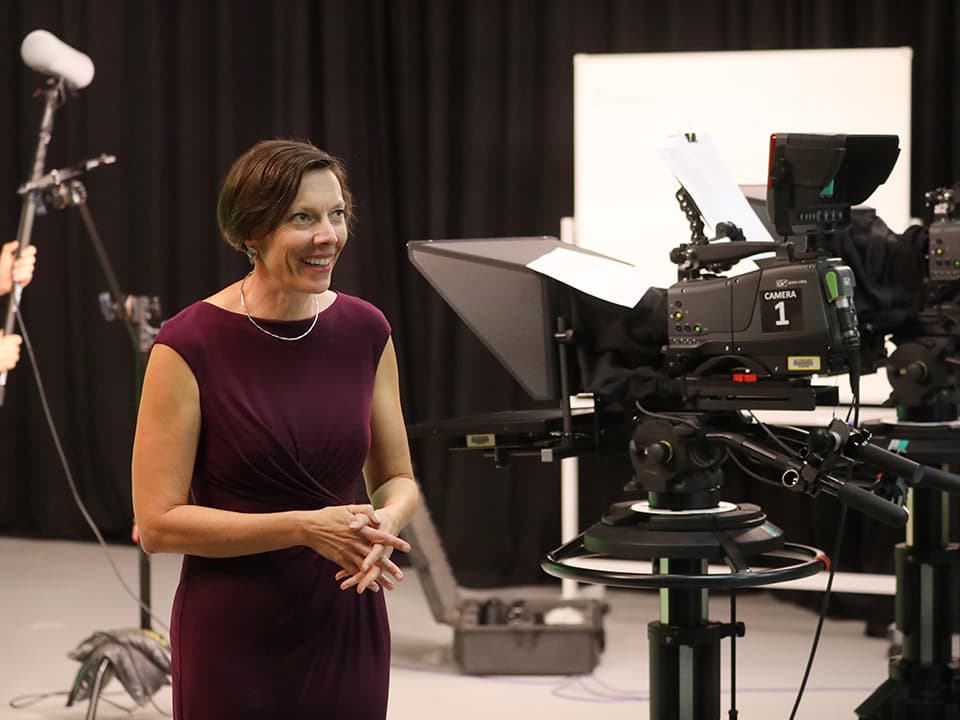
Teaching
'Regardless of what career our students go on to, they will be users of media in almost every aspect of their life so giving them the skills to be media literate is very rewarding. It is always new or constantly evolving too. I started studying television drama in the late 1990s and nearly everything about it has changed since then.'
Key collaborators
'My Australian Research Council Discovery Projects have allowed a lot of collaboration, particularly with colleagues at RMIT, University of the Sunshine Coast, and here at QUT. As my work has moved to be more multinational, collaborating with others in the field has been crucial to have the range of expertise needed. The Global Internet-distributed Television Consortium connects scholars studying services like Netflix and Disney+ across many countries. My collaborations with researchers at the University of Wisconsin–Madison, University of Iowa, University of Michigan, and University of Virginia have resulted in foundational texts for the study of television and media industries.'
Key publications
The Television Will Be Revolutionized (NYU Press, 2007; 2014)
Portals: A Treatise on Internet-distributed Television (Maize Publishing, 2017—open access)
The series of publications foundational to establishing the subfield of media industry studies (Media Industry Studies, Polity Press 2020; Understanding Media Industries, Oxford Uni Press, 2012; 2016; various articles)
News
While more production companies are now making drama series in Australia, they are making substantially fewer than they were in 1999 and foreign conglomerates are taking a bigger share of the drama pie says new research led by QUT.
Acclaimed American media studies expert, Professor Lotz has been recognised at the International Communication Association’s 70th conference.
How Netflix and other internet-distributed video services forced the existing television industry to radically change its practices.
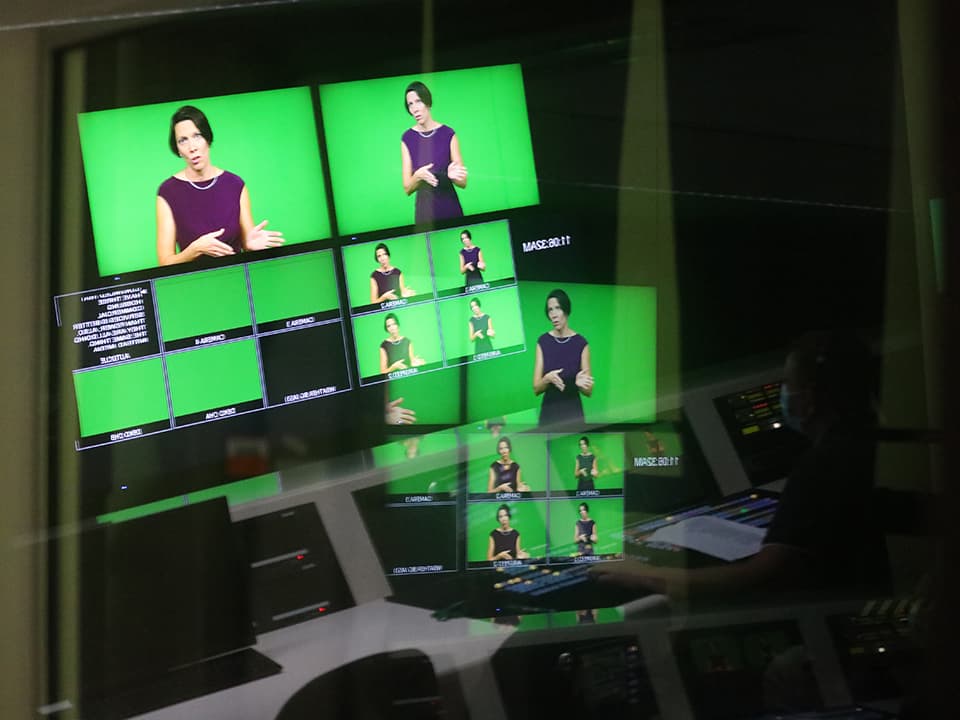
Digital Media Research Centre
The DMRC is a leader in media and communication research, receiving the highest possible national rankings. Our programs investigate the digital transformation of media industries, the challenges of digital inclusion and governance, the growing role of AI and automation in the information environment, and the role of social media in public communication.
